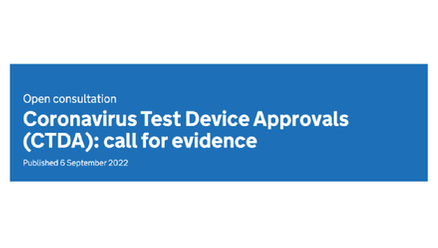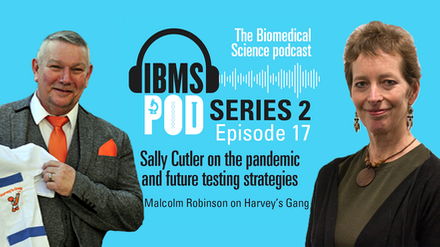Lighthouse Lab expansion will compound data issues
Given the situation described in The Independent’s article, the IBMS is disappointed to learn that the government is considering expanding the lighthouse laboratory network on the current model – as this will compound data connectivity problems.
Whilst we recognise the need to rapidly upscale testing capacity and the fact that this will be an ongoing requirement, we have consistently voiced our members’ concerns about the centralised approach to testing. This has led to the creation of the lighthouse laboratories as a parallel but disconnected testing stream for COVID-19 and there has been a lack of transparency around processes of clinical governance and, in particular, the limited IT connectivity of these laboratories to clinical systems already in place.
Robust IT connectivity is vital to any laboratory to ensure that results are submitted to the appropriate clinician and to allow careful follow up of results. The information generated by laboratory IT systems also provides vigorous, evidence-based data – which is what we should be using to inform decision making and strategies as the country eases out of lockdown.
The lighthouse laboratories in England have failed to deliver robust data and, although links with NHS laboratories have started to emerge, the data flow is still stilted with many manual checks and conversions required. Links with clinical systems are still poor and the data generated raises more questions than it answers. In contrast, IT connectivity has always been a strength of the NHS laboratories where biomedical scientists have decades of experience with data integration ensuring the entire pathway of every sample is recorded and making sure results are immediately communicated to the responsible clinicians.
Models exist within the UK that must be considered before a commitment to additional lighthouse laboratories. All COVID-19 results in Wales have been entered into NHS IT systems and this has provided a strong database of results and impressive turnaround times for reporting. NHS Scotland has established “node laboratories” which are collaborations between hospitals and universities. These laboratories are run as extensions of existing NHS laboratories and all results are entered onto the NHS systems.
As the prevalence of this disease begins to decline, it is essential that any additional laboratory provision should be integrated with the NHS and results entered into NHS systems in a timely fashion.
Careful follow-up of individual cases will be vital to ensure we continue to drive down the prevalence of this disease, but this will not be possible until the Lighthouse Laboratory reporting procedures are aligned with the NHS system.
We are calling on government to support the integration of these lighthouse laboratories with accredited NHS laboratories, across the pathology networks, that are run with regulated staff.





